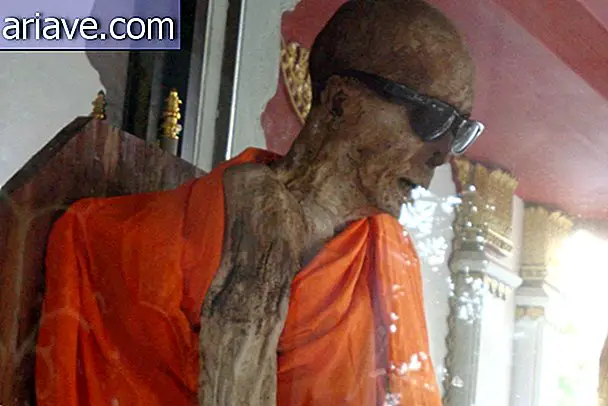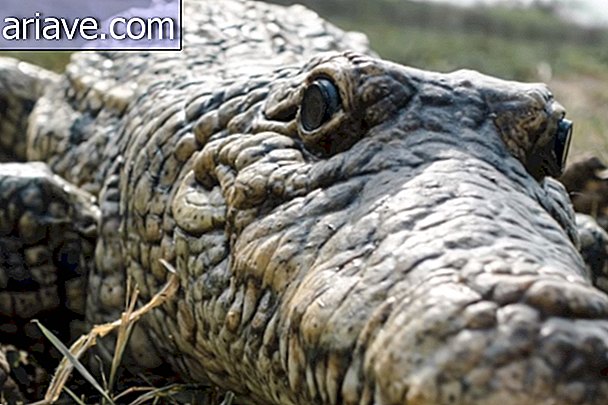New type dinosaur fossils are found in Thailand
A new species of dinosaur has been discovered by paleontologists in Thailand. Fossils were found from parts of the skull, ribs, lower limbs and spine. The animal was named Siamraptor suwati and is the most complete discovery of such dinosaurs in Southeast Asia.
The siamraptor has been attributed to the group of carcarodontosaurs, which is part of another larger group, the allosaurs. Long before the famous tyrannosaurs, allosaurs were the largest predators of their time and spread across different regions of the planet. This is the first time a specimen of the group has been found in Southeast Asia. Carcarodontosaurus fossils had already been found in other parts of Asia, Africa and Europe.
According to the researchers, the siamraptor measures between 6 and 7 meters in length. Its food was carnivorous and its teeth were similar to those of sharks. The region where the fossil fragments were discovered, now an agricultural area, once had flat, flooded terrain and shaped the habitat of the dinosaur species.

Excavations and discoveries
The first specimens of carcarodontosaurs were found in Egypt in 1914. In the following decades, researchers related other discovered fossils to the group. The findings include some of the largest dinosaurs ever.
In Thailand, excavations in recent decades have been successful and have identified two new species of herbivorous dinosaurs and an ancestor of crocodiles. The research team that made the discoveries is part of a research project between Thailand and Japan that has been in existence since 2007.
Throughout the excavations that revealed the new herbivorous species, the siamraptor fossils were found. The rock that settled the bone dates from 113 to 125 million years ago, indicating the period in which the dinosaur lived. The siamraptor is therefore an early evolutionary branch among the carcarodontossaurids, which lived between 157 and 66 million years ago.











